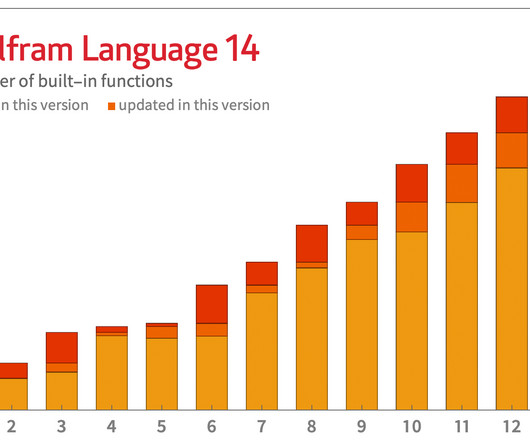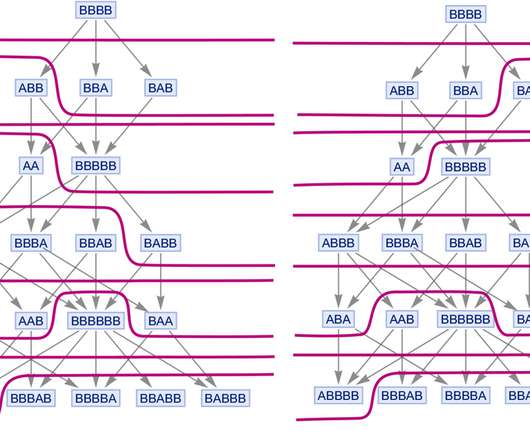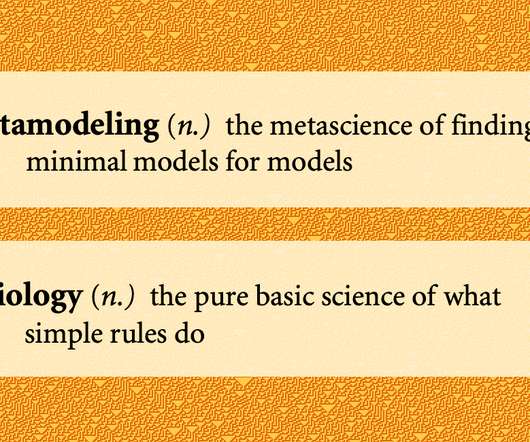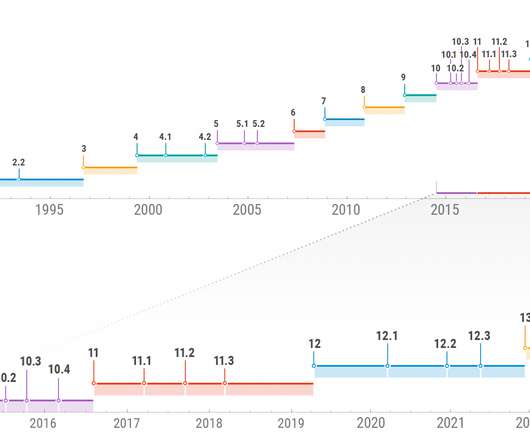If We’re Serious About Student Well-Being, We Must Change the Systems Students Learn In
ED Surge
OCTOBER 14, 2022
Another common argument is that homework helps students develop skills related to problem-solving, time-management and self-direction. While it’s likely that homework completion signals student engagement, which in turn leads to academic achievement, there’s little evidence to suggest that homework itself improves engagement in learning.















Let's personalize your content